
2 0
2 4
Plants also contain the spirit of heaven and earth
Roots can give rise to vines, essence gives rise to spirit
Wish you happiness
and prosperity in the coming year.
Dang Shen
Codonopsis pilosula
Traditional Chinese Medicine (TCM) is a treasure of the Chinese nation
It is the key to unlocking the treasure house of Chinese civilization
To inherit the national essence and promote TCM culture
Dr. Ding Yanxiao, Deputy Chief Physician of the TCM Department at Wuhan East Lake Hospital, invites you
to deeply understand a Chinese herb each week
Using the power of plants to achieve a path to health

<Dang Shen>
Chinese
Medicine
Dang Shen (Codonopsis pilosula) mainly contains sterols, codonopsis saponins, codonopsis polysaccharides, codonopsis lactones, alkaloids, inorganic elements, amino acids, trace elements, etc. Pharmacological studies indicate that Dang Shen has the effects of enhancing immune function, regulating gastrointestinal motility, anti-ulcer, increasing red blood cells, hemoglobin, and reticulocytes, delaying aging, anti-hypoxia, and anti-radiation.

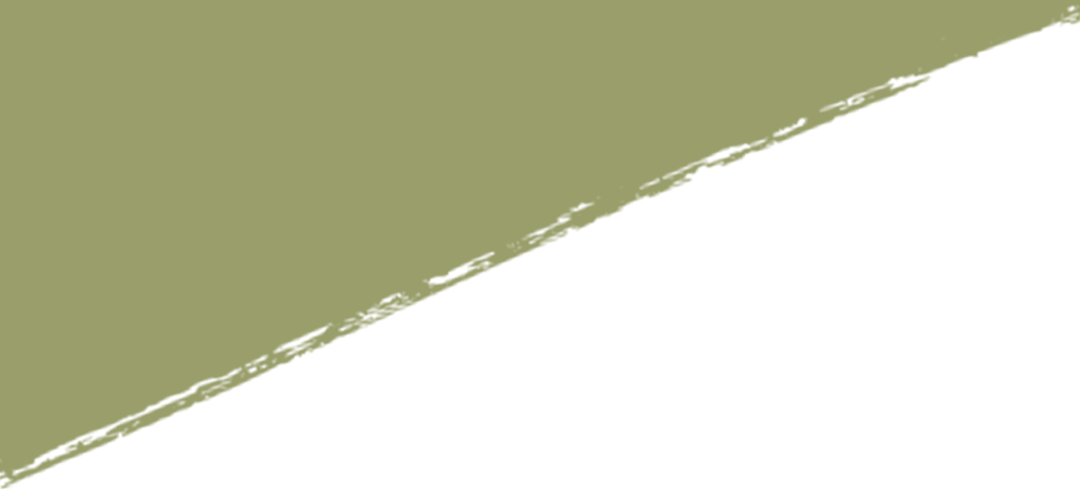
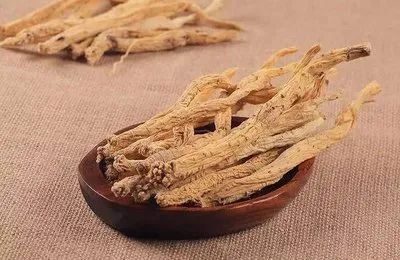
<Dang Shen>
【Properties】 Its nature is neutral, and its taste is sweet.
【Meridians Entered】 It enters the Spleen and Lung meridians.
【Functions】 Tonifies the middle, benefits Qi, generates fluids, and nourishes blood.
【Indications】 Used for Spleen and Lung Qi deficiency, poor appetite, fatigue, cough with shortness of breath, insufficient Qi and blood, pale complexion, palpitations, shortness of breath, thirst due to fluid damage, and internal heat leading to thirst.
【Main Treatment】 Treats symptoms of Spleen and Lung Qi deficiency such as fatigue, poor appetite, loose stools, cough with shortness of breath, pale complexion, dizziness,
palpitations, thirst, etc.
【Dosage】 Decoction, 9-15 grams. High doses can reach 30-60 grams. Prolonged use is not recommended.

【Precautions】
1. Not suitable for use with Rhizoma Coptidis.
2. Not suitable for use in cases of excess conditions, heat conditions, or when the vital Qi is not deficient.
3. Dang Shen should not be consumed with foods such as radishes, mung beans, or kelp.
4. Excessive consumption of Dang Shen may lead to adverse reactions.
5. Special populations such as pregnant women, nursing mothers, children, and the elderly should use under medical guidance.

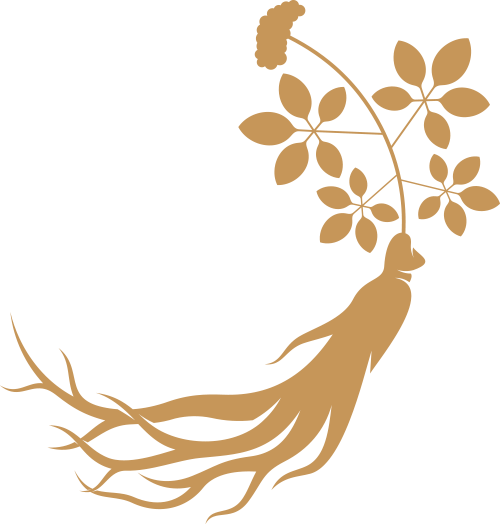
【Food and Medicine Homology】
Sliced Dang Shen has twice the effective components compared to Dang Shen segments, so it is preferable to use slices for consumption. In the preparation of medicinal dishes and health foods, various cooking techniques such as stir-frying, boiling, stewing, steaming, and braising can be used.
01
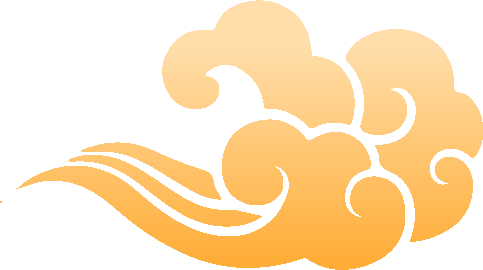
Dang Shen Tea:
Honey-roasted Dang Shen 10-25 grams, black tea 1-1.5 grams.
Mix and steep in boiling water for 5 minutes. Take 1 dose daily, divided into 3 servings.
It has the effects of strengthening the stomach, expelling phlegm, benefiting Qi, and nourishing blood. Suitable for nutritional deficiency anemia.
02

Shen Ling Porridge:
Dang Shen, Poria, and ginger each 10 grams, and 100 grams of japonica rice.
First, decoct Dang Shen and the other two herbs to extract the juice, then add rice to cook into porridge. Salt can be added for flavor.
It has the effects of tonifying the Spleen, strengthening the stomach, and enhancing immunity. Suitable for Spleen and stomach deficiency, poor appetite, vomiting, and fatigue. It has a good effect on stroke patients.
03

Shen Qi Soup:
Dang Shen 250 grams, Astragalus 250 grams, and 500 grams of white sugar.
Wash Dang Shen and Astragalus, soak in cold water, add appropriate water to decoct, taking the liquid every half hour for a total of 3 times, then combine the decocted liquid. Simmer the combined liquid over low heat until thick and sticky, then cool, add white sugar to absorb the liquid, mix well, dry in the sun, crush, and store in a glass bottle. Dissolve in boiling water before consumption, 10 grams each time, twice daily.
It has the effect of tonifying the Qi of the Lung and Spleen. Suitable for symptoms of Qi deficiency type palpitations, shortness of breath, poor appetite, organ prolapse, edema, and dizziness.
04

Dang Shen and Poria Stewed Pigeon:
1 squab, 12 grams of Dang Shen, 6 grams each of Poria and Bai Zhu (Atractylodes macrocephala), 3 grams of licorice, and 15 grams of red dates.
Wash the squab and herbs, place in a clay pot, add appropriate water, boil, then simmer on low heat for 50 minutes, and season with salt.
It enhances gastrointestinal function, improves immune function, and strengthens the body. Suitable for poor appetite and abdominal bloating after eating.
05

Shen Qi Mushroom Chicken:
100 grams of tender hen meat, 30 grams of Dang Shen, 45 grams of Astragalus, 30 grams of shiitake mushrooms, and appropriate amounts of ginger, cooking wine, and salt.
Debone the chicken and cut it into small pieces; wash and slice Dang Shen, Astragalus, and shiitake mushrooms (soaked in water); slice ginger. Mix the chicken, Dang Shen, Astragalus, shiitake mushrooms, ginger, cooking wine, and salt for 5-10 minutes, then place in a small bowl with appropriate water, cover, and steam for an hour and a half. Consume every 3-4 days.
It has the effects of tonifying the middle, benefiting Qi, harmonizing the Spleen and Stomach, stabilizing the exterior, stopping sweating, and reducing fat to strengthen the body. Suitable for the elderly with Spleen and Stomach deficiency, and beneficial for those with organ prolapse.
06

Shen Qi Wine:
15 grams of Dang Shen, 15 grams of Goji berries, and 500 milliliters of rice wine.
Wash and dry Dang Shen and Goji berries, grind into coarse powder, place in a narrow-mouthed bottle, add rice wine, seal the bottle, shake once daily, and soak for more than 7 days. Take 15 milliliters each time, twice daily.
It has the effects of benefiting Qi and nourishing blood, calming the mind, and soothing the spirit. Suitable for heart and spleen deficiency, palpitations, insomnia, frequent dreams, poor appetite, and fatigue.
Expert Introduction

Dr. Ding Yanxiao
Deputy Chief Physician of Integrated Traditional and Western Medicine
Engaged in geriatric medicine for over 20 years. Specializes in integrated treatment of geriatric pulmonary and gastrointestinal systems and sub-health conditions; has clinical experience in treating skin diseases such as dermatitis, eczema, and itching with both Chinese and Western medicine. Currently serves as a standing committee member of the Respiratory Specialty Committee of the Hubei Provincial TCM Physician Association, a director of the Integrated TCM and Western Medicine Association of Wuhan, and a member of the Hubei Provincial Integrated TCM and Western Medicine Geriatric Medicine Association.
Expert Consultation Hours: Every Monday morning
THE END
Text Contribution: Dr. Ding Yanxiao
Image Source: Internet, please delete if infringing
Wuhan East Lake Hospital
///
WHSDHYY
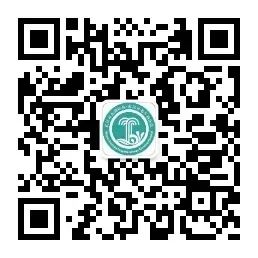
Wuhan East Lake Hospital (Wuhan Geriatric Hospital) is a public specialized hospital for geriatrics that integrates prevention, medical treatment, health care, rehabilitation, physical examination, and health management. It is a designated hospital for elderly cadres in Hubei Province and Wuhan City, one of the first batch of medical insurance designated medical units in Wuhan, a member unit of the Hubei Provincial Acupuncture and Massage Rehabilitation Specialty Alliance, a member unit of the TCM Alliance in the Wuhan urban circle, and a unit of the Rehabilitation Medicine Development Alliance in Wuhan. It serves as a professional teaching internship base for the Health Science College of Wuhan Sports University.
Hospital Address: No. 17 Donghu East Road, Donghu Scenic Area, Wuhan (opposite the north gate of China University of Geosciences)
Contact Number: 027-87511483
Transportation: Take bus routes 340, 402, or 413 to the Shawan Village stop on Bayi Road, and walk 600 meters to reach. Hospital signs can be seen along the way.
